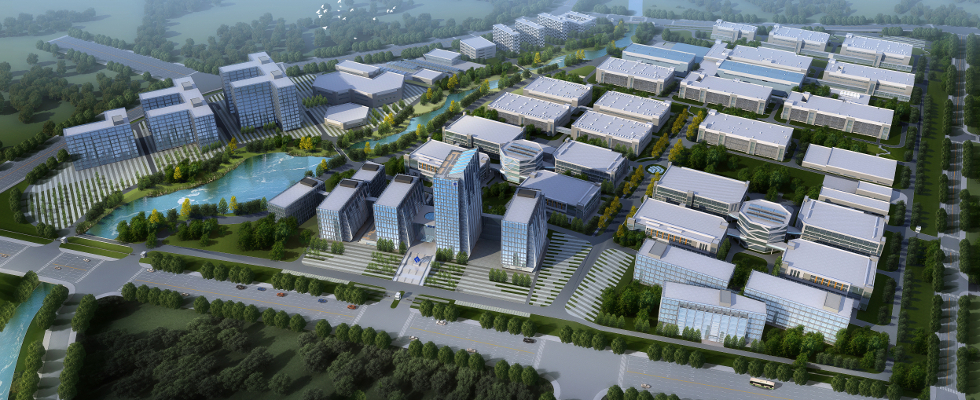
Our company has a clear commitment to the development of biosimilar medicines, pioneering the launch of several products in the Chinese market.
Qilu Pharmaceutical has in its product portfolio several biosimilar medicines to be registered. These biosimilar medicines are produced in facilities which incorporate the latest technologies in its production lines and in a fully GMP compliant setting.
We have R & D facilities incorporating the most innovative technology and highly qualified researchers and professionals, to develop genetically engineered recombinant proteins expressed in E. coli/yeast and mammalian cells.
In addition, in 2014, the Company began the construction of a biotechnology park, the first phase of which is expected to be complete in 2016 with an initial investment of 150 million euros on a surface area of 110,000 m2
Manufacturing lines have been established in accordance with the FDA (Food and Drug Administration) / EMA (European Directorate for the Quality of Medicines) for the production of biological medicines
Frequently asked questions about biosimilar medicines
What is a biosimilar medicine?
Biosimilar is the abbreviated term for a similar biological medicine. They are new versions of existing biological drugs, the patents of which have expired.
What is a biological medicine?
Biological medicines are substances produced from genetically modified organisms by means of biotechnology. Unlike traditional chemical drugs, which are made by chemical synthesis from chemical compounds, biological drugs are produced from genetically modified living organisms. They are large complex proteins with a molecular weight of between 5,000 and 145,000 daltons, and sometimes exceed 500,000 daltons, which, when compared to chemically synthesized drugs such as aspirin, with a molecular weight of 180 daltons, gives us some idea of their dimension.
Today, biological medicines, such as recombinant insulins, interferon or erythropoietin, which in many cases do not have a therapeutic alternative, are indispensable in clinical practice.
Biological medicines have become the main treatments for cancer, diabetes or autoimmune diseases such as rheumatoid arthritis.
What are the differences between biosimilar and reference biological medicines?
As the name suggests, they are a “very similar” version of the approved biological medicine. This approved biological medicine is called “product of reference” and it is almost impossible to make an exact copy of it since biological medicines are made from living organisms, and there are always differences in structure and properties. Moreover they are large molecules with complex structures, making it difficult to fully know these structures and the finished product largely depends on the manufacturing process.
What is the regulatory process for a biosimilar?
A biosimilar medicine is not chemically equal to the reference medicine, just like a generic one cannot be equal to the original molecule, since they are produced by living organisms rather than by chemical synthesis, but they do have to prove that they are comparable to the biological reference in terms of effectiveness, safety and quality.
Regulatory Agencies have developed guidelines for comparing biosimilar products to the reference products, including quality studies, and non-clinical and clinical trials in humans, as well as subsequent monitoring and a risk management plan.
The purpose of the comparability exercise is not to evaluate the benefits of the biosimilar medicine but to show that it is similar to the reference product and is comparable in quality, effectiveness and safety.
